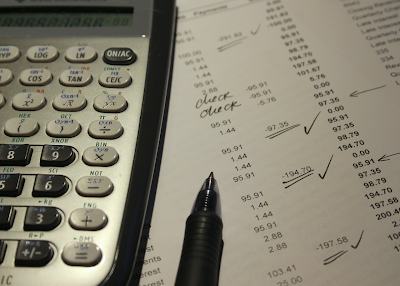Accounts receivable are the sales made by your business from which payment has yet to be made. It can be the total payment or partial payment. So, why is it important to keep track of these accounts receivable as a small business?
1. Keep tabs on customer’s credit
Keeping a customer's credit record helps the business identify which customers have a positive repayment history. It allows the small business when it comes to selling items on an account receivable basis. It helps identify the customers who refuse or pay for their items later than the set one.
2. Follow uncollected profits
Keeping a record of this data helps the small business track and attempt to collect on past due accounts, establish repayment plans with your customers and initiate collection procedures. The account receivable information is also essential if an individual or the business takes legal action against a client due to failed payment. The document will be used in judicial, arbitration or mediation proceedings.
3. Customer loyalty
When you keep accounts receivable, you allow your client to purchase items on credit or long term payment options. As a result, it creates and builds customer loyalty. In addition, your business can take advantage of these accounts receivable to establish long-term relations with clients.
4. Transparency
Tracking accounts receivable offers transparency in the business. You will be able to see how your money and sales are doing. Accountability also attracts potential investors as they will use your records to determine if your business is a good investment.
Other reasons why keeping or tracking your account receivable includes:
● It helps you determine customer's credit ratings in advance. You will be able to tell if a particular client is eligible for credit or not. And if they are, how much. Depending on their rating and performance, you will determine how much they will get.
● Monitoring customers for credit risks. It is where you determine if a customer is worth the risk or not, depending on their history.
● Detect late payments.
● Detect complaints in due time.
● Reduce the total balance outstanding.
● Prevent bad debts from happening.
At Shoebox Books, our bookkeepers keep track of your accounts receivable. For more information on our services, visit our website or contact us.



0 Comments :
Post a Comment